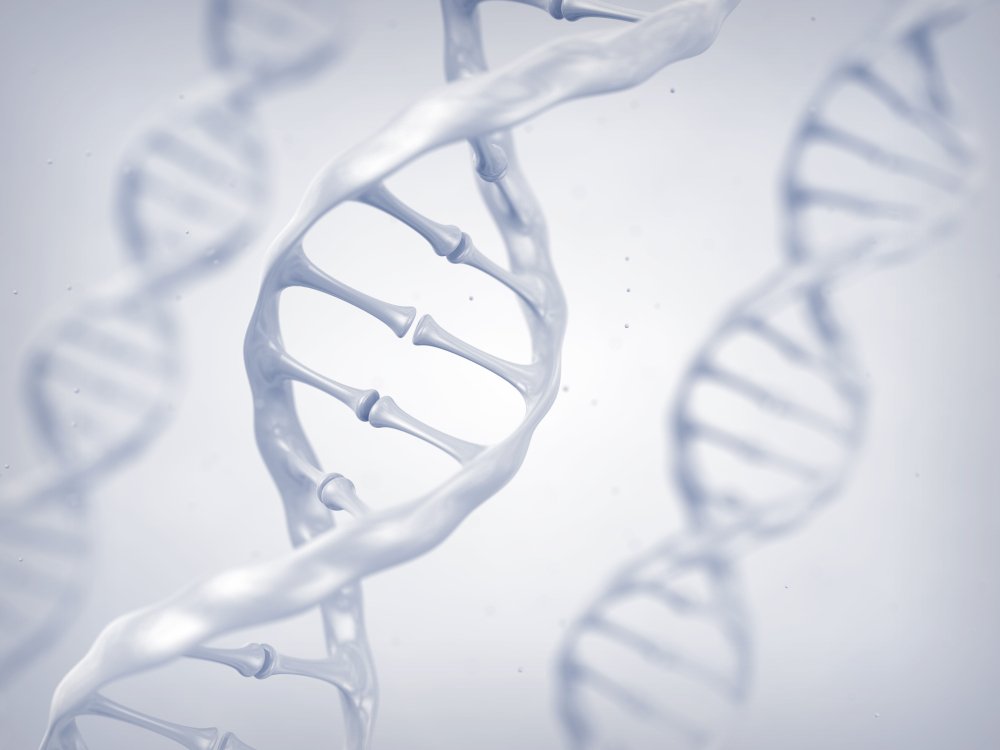Key points:
1. The environment significantly influences a child’s genes and development from before birth.
2. Epigenetics explores how experiences affect gene expression and interact with the environment to shape a child’s behavior.
3. Early experiences play a crucial role in shaping a child’s brain architecture and future.
4. Ongoing influences, including sociocultural context and genetic processes, shape a child’s development.
The environment your little one is immersed in is not only crucial in terms of memories and learning, it also modifies your baby’s genes even before he is born!
Chances are you’ve heard of the debate of nature vs nurture, or the one about the determinant power of our genetic blueprint versus that of environmental factors. This topic is particularly relevant to our generation since, just a decade ago, it was common knowledge that we were bound to particular predispositions determined by our individual genetic profile. Under this conception, things like temperament or resilience of cognition were as set in stone as our eye-color. In reality, the issue is far more complex, as it is shown by research about how environment shapes development.
“Epigenetics” is the field that studies how a person’s genetic mold or blueprint is actualized, shaped, and even turned on-and-off by the environment he or she is exposed to, be it geographic location, living conditions, or daily habits. In short, researchers are now focusing on how experiences actually influence how genes manifest themselves, and how genes interact with the early environment to shape a child’s behavior through-out development.
Neither the genes nor the environment are the most important elements that shape a child’s future. Early experiences determine how genes are turned on and off; therefore, your baby’s experiences play a very important part in how his brain architecture will develop. Harvard’s Center on the Developing Child emphasizes that parents should ensure that their children have appropriate, growth-promoting early experiences, since it is a crucial investment in a baby’s future.
Recent studies are providing evidence on how some genes, associated with development since the womb, can be turned on and off, depending on the experiences a child had. For example, having caring and nurturing adults around, nutritious and whole foods, clean air, and an stimulating environment had beneficial epigenetic associations that manifested even 15 years later, according to a 2016 study by Dr. Elena Grigorenko and colleagues.
The take-away? As University of Minnesota’s Institute of Child Development states, development is shaped by ongoing influences that consider a baby’s sociocultural context just as much as genetic processes. So, the activities and experiences you share with your little one today will have an impact in him at a cellular level.
If you want to dive into the science of how early experiences shape a baby’s genetic blueprint, you can read this interesting article by the Center on the Developing Child of Harvard University: Gene-Environment Interaction








